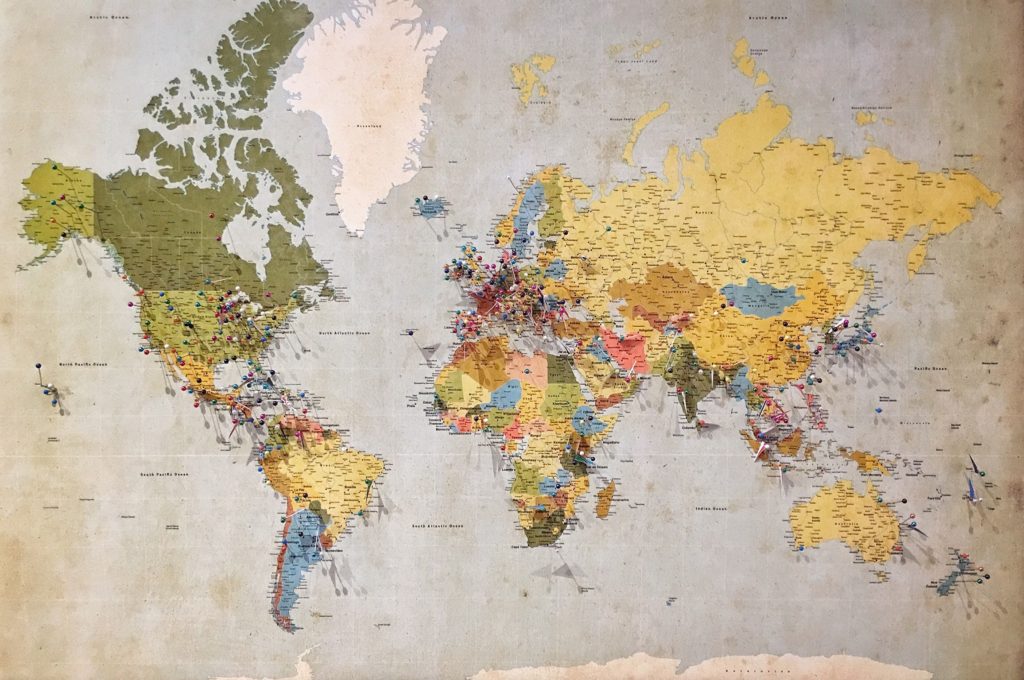At a cross-disciplinary seminar held at Birkbeck on 30 May 2019, there was unanimous agreement that as historians we have much to learn from each other and from colleagues in other disciplines about how to work with personally and politically sensitive sources. This was the third of three ‘sensitive sources’ seminars organised by Louise Hide and Anne Hanley and, in this session, the speakers reflected on the particular challenges of working in different regions and jurisdictions.

Historian Sarah Marks‘s research in former Communist regimes in Germany, the Czech Republic and the former Yugoslavia made for some difficult ethical decisions in relation to what information she should or should not use. Personal, identifiable information about patients was available in some jurisdictions and not in others. However, just because information is provided to us as scholars, does that mean it is ethical to use it? How should we respond, for example, if the information was gathered coercively and given under duress?
As an anthropologist, Sylvia Posocco has studied secret organisations that operated in Guatemala in the second half of the twentieth century, thus generating an ‘ethnography of secrecy.’ She asked scholars can write about organisations and individuals that are trying to shield themselves from the state or from foreign powers? Her current research on transnational adoption circuits from Guatemala also raises perplexing ethical problems in exploring family histories against a history of violent conflict and missing or forged archival sources.
Caitlin Cunningham described her research on sexual violence in archives in California, British Columbia and New Zealand. How should we describe ‘victims’ and ‘survivors’ of sexual assaults when we think and write about people and events from the nineteenth century? How do we make sense of the euphemistic language used by those in power to justify sexual aggression against indigenous women?
Hilary Sapire asked how should we engage with questions of violence and trauma and remain sensitive to emotions without participating in a collusive way and reproducing sensationalism and drama?
The historians present (myself included) talked about how we may feel somewhat secure in the knowledge that our subjects (in the main) are long departed and that we do not have to jump through quite so many ethical hoops as colleagues from other disciplines dealing with the present day and with living subjects. On the other hand, the dead deserve respectful treatment. And with many historians working much closer to the twenty first century, our subjects will have living descendants even if they are no longer with us themselves. All of those present agreed that these seminars signalled a shared interest in creating space in our working lives as scholars across the disciplines for open and supportive discussions about our methodologies and how we respond to the ethical dilemmas in dealing with sensitive topics and sources.
For more info, contact Louise Hide l.hide@bbk.ac.uk or Anne Hanley a.hanley@bbk.ac.uk.